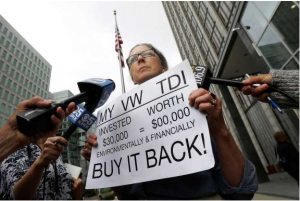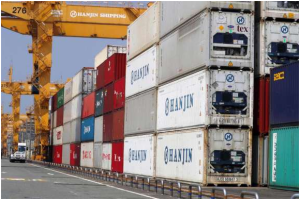Exxon ignores near-term glut to play long game on liquefied gas
When it comes to natural gas, Exxon Mobil Corp. believes in playing the long game.
As competitors continue to flood the world market with a liquefied form of the fuel, depressing prices, Exxon is heeding the advice of forecasters scanning a quarter-century beyond the current glut. Their view: LNG demand will rise 1.6 percent a year through 2040, more than double the rate for crude oil.
With much of that growth set to come from the Asia-Pacific region, the world’s biggest energy producer is working to bookend the area with resources, pursuing promising natural gas fields in Papua New Guinea and Mozambique that won’t produce for years.
It’s a strategy in stark contrast to Royal Dutch Shell PLC’s takeover of BG Group Ltd., a producer that promises to quickly swell Shell’s LNG exports, even as prices remain low.
“Exxon has a different strategy in that it’s not looking to grow its gas business right now but is looking at what will happen in LNG 10 or 15 years from now,” said Brian Hennessey, who manages $1.3 billion at Alpine Woods Capital Investors LLC. “The market’s going to get tight starting in 2020.”
VW diesel owners face settlement choices
West explosion postscript: over-regulation of the wrong chemical?
Retailers scramble as shipper’s bankruptcy puts goods in limbo
Slower growth in jobs report may give Fed pause
The influx of LNG from gigantic projects first conceived a decade ago has swamped markets with excess supply, dropping the average worldwide price by 37 percent last year to $9.77 per million British thermal units, according to the International Gas Union. In Japan, the world’s biggest LNG market, the price of cargoes from Qatar tumbled 70 percent in two years to $4.93 per million Btu.
But the glut may be short-lived as low prices spur new buyers to enter the market and the advent of low-cost import facilities enables poorer nations to receive cargoes.
Exxon spokesman Scott Silvestri referred to Vice President Jeff Woodbury’s remarks on long-term gas demand during a July conference call.
“Like any type of commodity,” Woodbury said, “there are going to be periods of oversupply and periods of shortness, and we do expect that into the early part of the next decade that there will be some oversupply. But we keep focused on the long-term value proposition.





